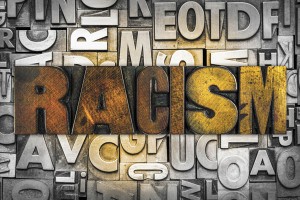INDIANAPOLIS – Governor Eric J. Holcomb recently announced steps he will immediately take in state government to address equity and inclusion.
In his public address, Gov. Holcomb stated he will create Indiana’s first-ever Chief Equity, Inclusion and Opportunity Officer. The officer will focus on improving equity, inclusion and opportunity across all state government operations as well as drive systemic change to remove hurdles in the government workplace and services the state provides.
Additionally, the officer will help state agencies develop their own strategic plans to remove barriers. The officer will be a member of the Governor’s Cabinet and report directly to the Governor.
Gov. Holcomb also announced he will require the use of body cameras for every frontline Indiana State Police trooper by the spring of 2021.
Gov. Holcomb will require a third-party review of state police and law enforcement academy curriculum and training at the Indiana Law Enforcement Academy (ILEA). He also committed to working with the state legislature to add more civilian representation to the ILEA Training Board.
ILEA provides the basic training for the majority of law enforcement officers in the state. 65 percent of the state’s law enforcement officers — including sheriff’s deputies, municipal law enforcement officers, Indiana State Police troopers, and conservation officers — receive some form of training at the academy.
To better monitor overall progress, the Governor will direct the state’s Management Performance Hub to create a Public Disparity Data Portal to show how our state programs are working.
The Governor will continue working with legislators, the judiciary, local sheriffs and prosecutors on potential legislation including sentencing reform and jail overcrowding. He also has asked the Commission for Higher Education, the Department of Workforce Development and the Governor’s Workforce Cabinet to submit recommendations on how the state can adjust policies for workforce programs.
The initiatives come after protests in downtown Indianapolis and other areas in Indiana this summer calling for a greater awareness of racial inequality, police brutality against African-American suspects, and systemic racism. The protests, some of which became mob scenes downtown, were triggered by the death of George Floyd in Minneapolis at the hands of an officer kneeling on his neck for eight minutes while making an arrest.



